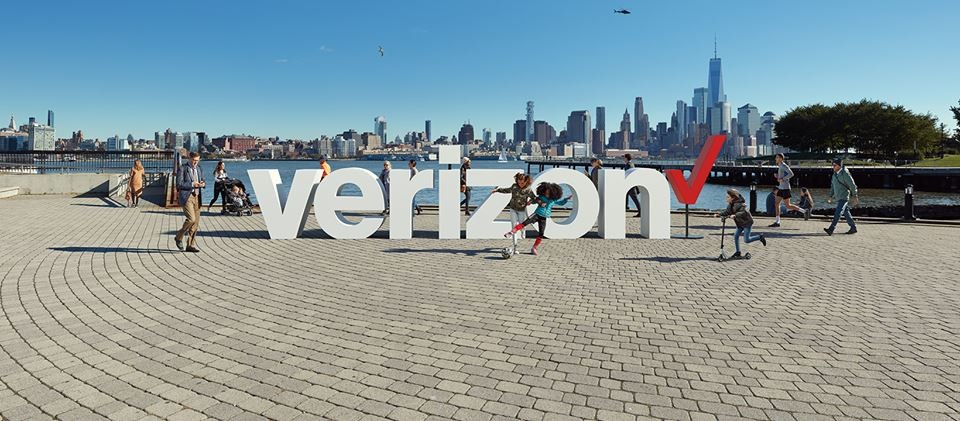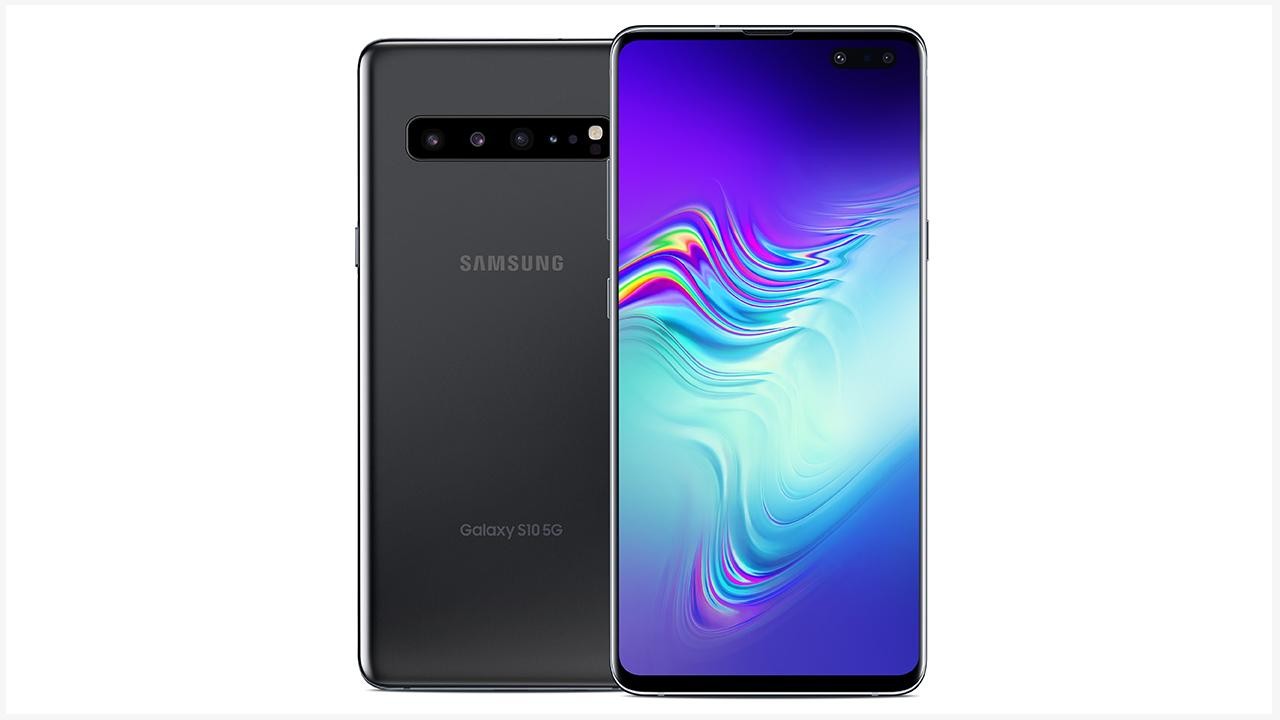 Verizon/Facebook
Verizon/Facebook
“Feature-length HD movies can be downloaded faster than you can read this sentence.”
That’s a quote from the Verizon website about just how fast its 5G Ultra Wideband mobile service will be for consumers.
Verizon’s network is coming to 20 U.S. cities this year. And, as a surprise to the cynical Memphian inside some of us, Memphis made the cut, and the network is expected to radiate across the city soon.
Memphis Mayor Jim Strickland’s office announced Thursday that Verizon had chosen the city. The service is already live in Chicago and Minneapolis.
“Today’s announcement is just the start for Memphis and we’re excited to bring the game-changing power of 5G Ultra Wideband service to consumers, business, and government agencies in 2019,” Kyle Malady, Verizon’s chief technology officer said in a statement.
How big of a deal is this? Well, according to Strickland and Verizon, it’s a big deal.
Strickland seemed convinced that making the cut was “another testament that our momentum is real and will play a large part in continuing to advance equitable economic development throughout our city.” (The statement from Memphis City Hall ensured Strickland’s election-year buzzword “momentum” was introduced somewhere into the news cycle.)
Verizon said the new network has the potential to affect ”artificial intelligence, education, healthcare, robotics, virtual reality, augmented reality, autonomous vehicles, wearables, and the Internet of Things (IoT).”
[pullquote-1] “With its gigabit speeds and unprecedented response times, 5G can be thought of as the ’secret sauce’ that will make driverless cars, cloud-connected traffic control, and other applications that depend on instantaneous response and data analysis live up to their potential,” reads the Verizon website on its 5G network. “The possibilities are limitless.”
Verizon website says 5G isn’t just another iteration of the wireless network. It’ll be 20 times faster than the current 4G network, “making lag times nearly impossible to detect.” With this, augmented reality and virtual reality applications can work “seamlessly,” Verizon said. Also, industrial and machinery and robotics can be controlled remotely, it said.
 Verizon/Facebook
Verizon/Facebook
Verizon said 5G will create jobs (but it didn’t specify what kinds of jobs those are or where they’d be located).
“By 2035, 5G will enable $12.3 trillion of global economic output and support 22 million jobs worldwide,” Ronan Dunne, executive vice president and group president of Verizon Wireless said in a statement. “Much of that growth will come from the digitization of transportation, agriculture, manufacturing and other physical industries.” Transportation. Agriculture. Manufacturing. A whole lot of each of those exists in the Memphis economic region. But you’ll only be able to connect to the lightning-fast new 5G network with a 5G-enabled device. If you have one, and you leave the 5G network zone, you’ll be automatically handed off to the current 4G network, Verizon said.
The other cities to get 5G this year are: Atlanta, Boston, Charlotte, Cincinnati, Cleveland, Columbus, Dallas, Des Moines, Denver, Detroit, Houston, Indianapolis, Kansas City, Little Rock, Phoenix, Providence, San Diego, Salt Lake City, and Washington D.C.